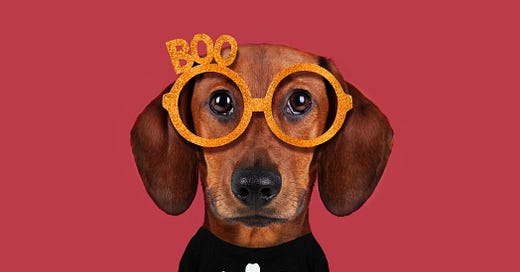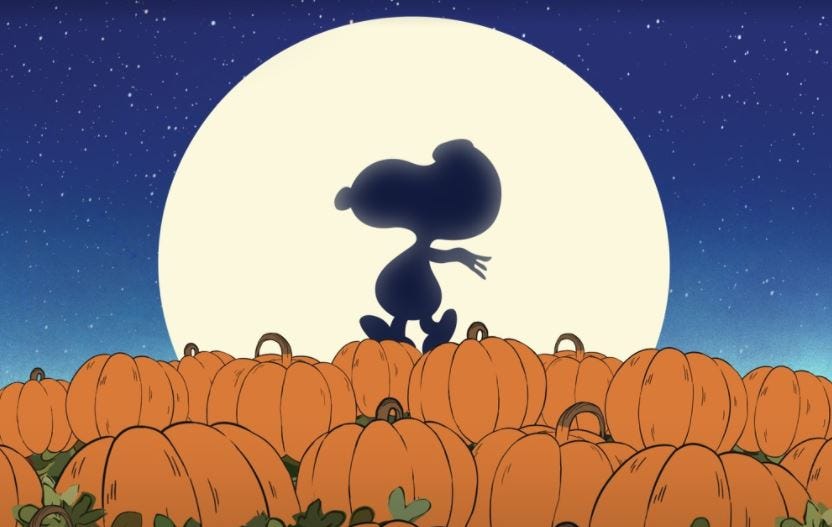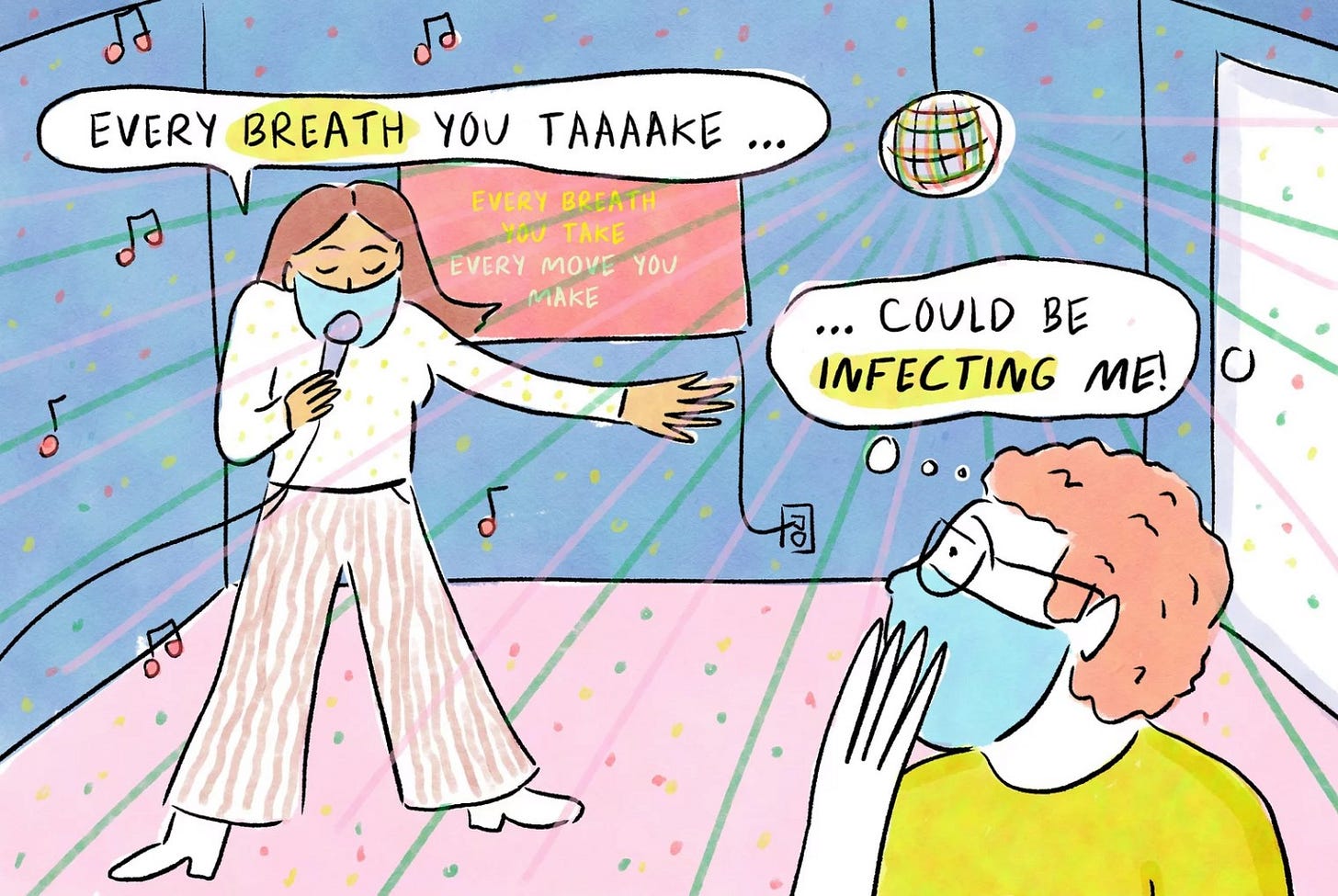Practice Psychological Halloweenism to Boost Your Creativity
Sometimes being yourself is the scariest thing you can be.
"Be yourself" may sound like good advice but research shows that pretending to be someone else may be a more effective way to boost your creativity. Creativity is typically thought of as something people are either born with or not. It's not unusual to hear someone say, "I'm just not a creative person" or "I'm left-brained" but a 2016 study found that creativity is far more malleable than we assume. In the study, participants who were asked to behave like an eccentric poet demonstrated enhanced flexibility and problem solving skills. Taking on a creative identity unlocked their ability to be creative.
Tapping into the capabilities of those who exemplify qualities or abilities we wish we possessed may help us find them for ourselves. Psychiatrist Srini Pillay describes the act of adopting a different identity to help us think more expansively as "psychological halloweenism." Practicing psychological halloweenism enables us to take on the perspective of another and as a result, can help us get unstuck emotionally and creatively.
If you are having trouble getting into character, there is evidence that dressing the part can help. A study found that putting on a white doctor's coat can boost attention. Related research showed that children who dressed up as a superhero like Batman, Dora the Explorer, or Bob the Builder were more likely to stay on task and less likely to succumb to the temptation to play games on an iPad. Put simply, these kids demonstrated more self-control than most adults given the option to scroll through social media or get work done.
There are several possible explanations for why dressing up had such a positive impact on the kids. One possibility is that taking on a different perspective allowed them to disengage from the immediate temptation and focus on the goals before them. A second possibility is that identifying with the positive features of the characters they chose to impersonate boosted perseverance. Another explanation is that dressing up is fun and positive emotions can boost self-control.
Pretending to be someone else shouldn't only be reserved for Halloween. There is a lot to be gained from getting out of your own head.
In other news... A meme a day keeps the doctor away.
A study found that viewing COVID-19 related memes boosted positive emotions during the pandemic and helped people cope. Given the fact that most people are glued to their phones, this is a heartening finding. There is no question that social media takes a toll on our mental health. From promoting unattainable beauty standards to spreading misinformation and encouraging doom scrolling, it's not a positive experience. If quitting social media is not a realistic option, make sure to curate your feed with some uplifting content.








